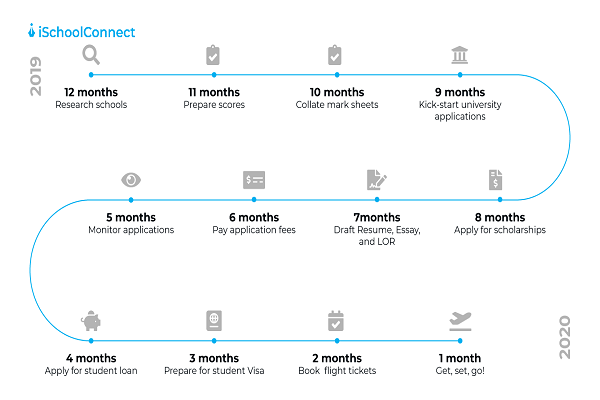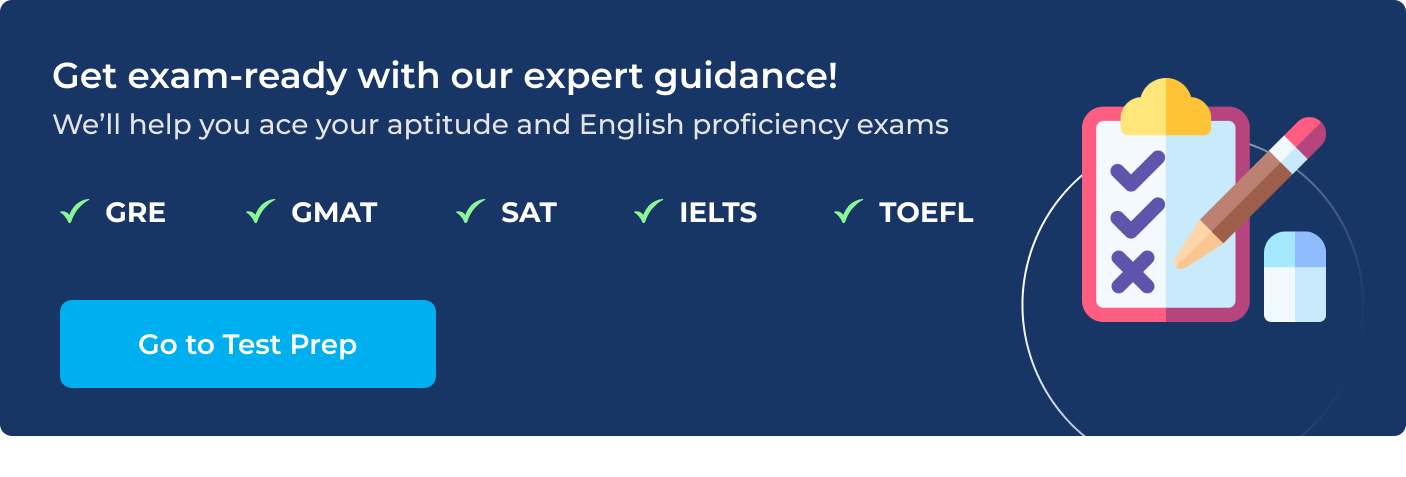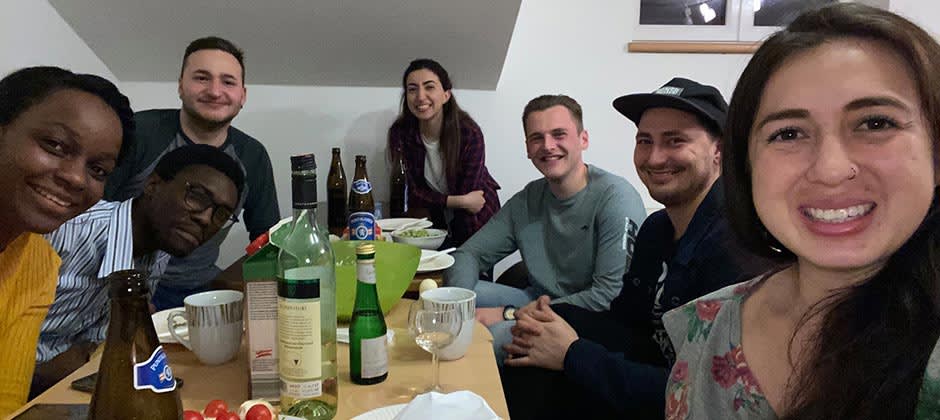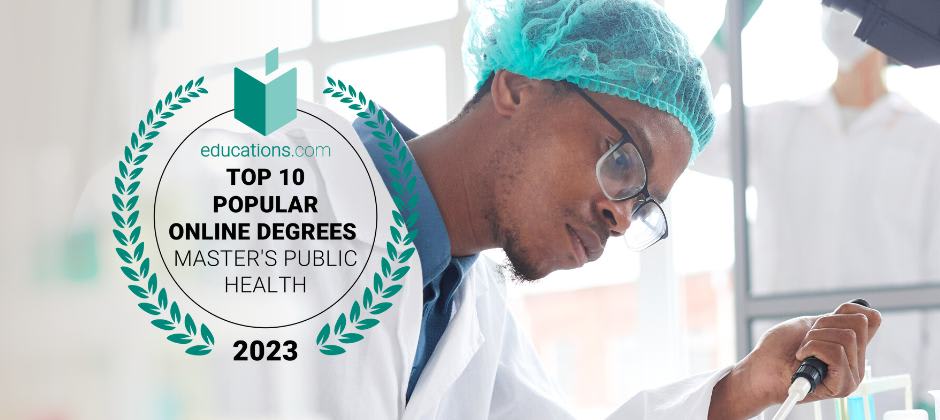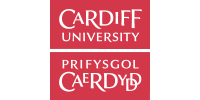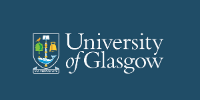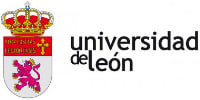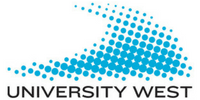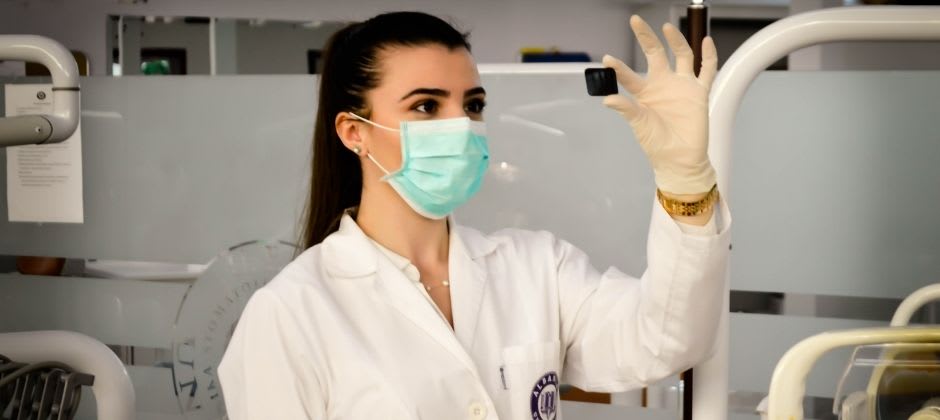Belgium, located in the heart of Europe, is a popular study destination for international students, offering top-notch education, diverse culture, and access to the Schengen region. If you are an Indian student planning to study in Belgium, understanding the visa process is essential.
Table of Contents
From indulging in Belgian waffles to exploring historic landmarks, life in Belgium offers an enriching blend of academics and cultural experiences. However, before embarking on this exciting journey, securing the right student visa is crucial. Navigating the visa application process can be daunting, but this comprehensive guide simplifies it for you. We’ll cover everything about Belgium’s student visa, from eligibility criteria and required documents to the step-by-step application process and tips for a successful outcome. Whether you’re aiming for a bachelor’s, master’s, or doctoral degree, this guide ensures you’re well-prepared to make your dream of studying in Belgium a reality.
Types of Belgium Student Visa
Before applying, it’s essential to understand the types of Belgium student visas:
Short-Stay Visa (Type C):
- Suitable for courses lasting up to 90 days (3 months).
- Commonly used for short-term language or exchange programs.
Long-Stay Visa (Type D):
- Required for academic programs lasting more than 90 days (3 months), including undergraduate, postgraduate, or Ph.D. studies.
- Allows students to stay in Belgium for the duration of their studies.
Belgium Student Visa Requirements
To apply for a student visa to Belgium, you must meet the following criteria:
- Admission to a Recognized Educational Institution: Proof of acceptance from a recognized Belgian university or institution.
- Financial Stability: You must prove that you can financially support yourself during your studies in Belgium.
- Valid Passport: A passport with at least 12 months of validity beyond your planned stay.
- Health Insurance: Proof of valid health insurance covering your stay in Belgium.
- Academic Records: Relevant certificates and transcripts from previous education.
Didn’t take IELTS but want to study in Belgium? Read: Belgium universities without IELTS
Documents Required for Belgium Student Visa
Here’s a summary of the required Belgium student visa documents:
- Visa application form
- Passport (original and copies)
- Passport-size photographs
- Admission letter from a Belgian institution
- Proof of financial resources
- Health insurance certificate
- Medical clearance certificate
- Police clearance certificate
- Academic transcripts and certificates
- Visa application fee receipt
Financial Requirements to Acquire a Belgium Student Visa
To secure a Belgium student visa, you must show proof of sufficient financial resources. The financial requirements include:
- Living Expenses: approximately €700 – €1,200 per month (₹63,000 – ₹1,08,000) for accommodation, food, transportation, and other expenses.
- Tuition Fees: tuition fees vary depending on the university and program, ranging between €1,000 – €4,000 per year (₹90,000 – ₹3,60,000).
Proof of Funds:
- Bank statements for the last 3-6 months showing sufficient balance.
- Scholarship award letters (if applicable).
- Financial sponsorship letter (if sponsored).
Belgium Student Visa Cost
The fees for a Belgium student visa (Type D) are as follows:
Visa Application Fee: €180 (₹16,200 approx.).
Additional Costs: Medical examination, insurance, and document verification charges.
For a short-stay visa, the cost is €80.
To make your stay pocket-friendly while studying in Belgium, checkout: Affordable Accommodations in Belgium
Belgium Student Visa Processing Time
The Belgium student visa processing time generally takes between 15 to 60 days, depending on the consulate and time of year. It’s recommended to apply at least 2-3 months before your course starts to avoid delays.
Common Interview Questions
It is essential for prospective students applying for a Belgium student visa to prepare for common interview questions that may arise during their visa application process. This preparation can significantly enhance their chances of success by showcasing their commitment and understanding of their study program.
Here is the list of some frequently asked questions in Belgium Student visa interview:
- Why did you choose Belgium for your studies?
- Which course and university are you applying for?
- How will you finance your education and living expenses?
- What are your plans after completing the course?
- Do you have any relatives in Belgium or Europe?
Benefits of Studying in Belgium
Studying in Belgium has some fantastic benefits that can really enhance your educational experience. Let’s talk about why more and more students are choosing Belgium as their study destination.
- Quality Education
Belgium is home to several top universities that rank well globally. So whether you’re interested in engineering, business, or the arts, you’ll find excellent programs.
- A Multilingual Experience
One of the coolest things about studying in Belgium is its multilingual environment. There are three official languages: Dutch, French, and German. This is a fantastic opportunity to learn new languages and enhance your resume since being multilingual is a huge plus for employers these days.
- Cultural Richness
Belgium is a melting pot of different influences, which means you’ll get to experience a vibrant culture filled with art, history, and delicious food. From enjoying renowned Belgian chocolates and waffles to exploring beautiful historic cities like Bruges and Ghent, there’s always something exciting to do.
- Networking Opportunities
If you’re looking to build a career in international relations or politics, Belgium is an ideal spot. Being the home to important institutions like the European Union and NATO, it offers numerous networking opportunities.
Summary
Belgium, a hub of quality education and cultural richness, is a popular study destination for international students. This guide provides a complete overview of the Belgium student visa process, covering everything from visa types (short-stay and long-stay) and eligibility criteria to required documents, financial requirements, and interview tips. With detailed information about costs, processing times, and the unique benefits of studying in Belgium—such as its multilingual environment, world-class universities, and networking opportunities—this blog equips prospective students with all the necessary insights to simplify their visa journey and embark on an enriching academic adventure in Belgium.
FAQs
Ques 1: What is the success rate for a Belgium student visa?
Answer 1: The success rate for a Belgium student visa depends on fulfilling all requirements, including proper documentation, financial proof, and a valid admission letter. While exact figures may vary, adhering to guidelines significantly enhances your chances.
Ques 2: Is IELTS required for a Belgium student visa?
Answer 2: IELTS or any English proficiency test may not be mandatory for the visa itself but is often required by Belgian universities during the admission process. Ensure you check the specific language requirements of your institution.
Ques 3: How long does it take to process a Belgium student visa?
Answer 3: The processing time for a Belgium student visa typically ranges between 15 to 60 days, depending on factors like the consulate’s workload and the time of year. It’s advisable to apply at least 2-3 months before your course begins.
Ques 4: What is the cost of a Belgium student visa?
Answer 4: The Belgium student visa (Type D) application fee is €180 (approximately ₹16,200). Additional costs include medical examinations, insurance, and document verification charges. For short-stay visas, the fee is €80.
Ques 5: What are the general requirements for a Belgium student visa?
Answer 5: The key requirements include:
- Proof of admission to a recognized Belgian institution
- Financial stability proof
- Valid passport
- Health insurance
- Academic records and transcripts
- Police clearance certificate
Ques 6: Can I work on a Belgium student visa?
Answer 6: Yes, international students holding a Belgium student visa can work part-time during their studies, up to 20 hours per week, provided it doesn’t interfere with their education. You may also need a work permit depending on the type of job.
Ques 7: What are the Belgium student visa requirements for Indian students?
Answer 7: Indian students must submit:
- A completed visa application form
- Passport with at least 12 months validity
- Proof of admission from a Belgian institution
- Financial proof showing sufficient funds
- Health insurance
- Academic transcripts
- Police clearance certificate
- Medical clearance certificate
